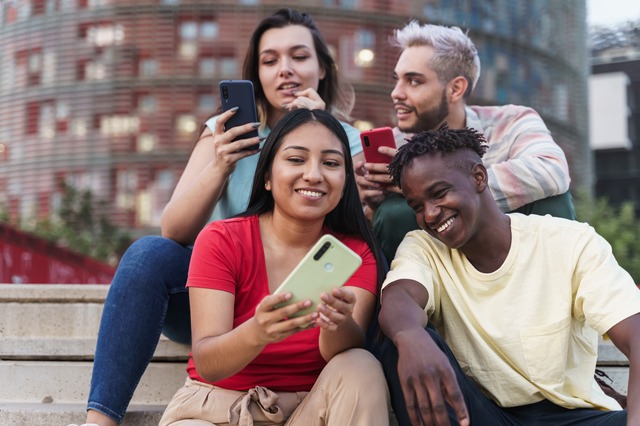Social media has impacted dating in both positive and negative ways. Some of the positive changes include increased opportunities to meet new people, more convenient communication and accessibility, and greater acceptance of diverse relationship models.
But some of the negative changes include increased expectations, decreased communication skills and a culture of perfectionism. This article will discuss how social media has changed dating and how it can impact future relationships.

Social media has impacted the way people date.
Modern social media and dating sites have become a part of the overall way that people connect and form relationships. Despite these changes, romantic relationships remain complex.
While social media offers a number of benefits, it can also be harmful to those in relationships. For example, it can promote a false image of what love is. Rather than focusing on hard work, commitment and mutual respect, some couples focus on “likes” and the latest couple trends.
Another problem is that it can lead to a lack of communication in intimate relationships. It can also be a source of conflict in a relationship, as many people use their social media profiles to check up on ex-partners. In addition, it has increased the pressure on people to present a curated version of themselves online, which can be damaging to mental health. The result is a culture of inauthenticity and avoidance in modern dating. In some cases, this can even lead to negative behaviors like ghosting.
It has changed societal norms and expectations.
While internet connections have made it easier for people to meet new partners, they have also lowered expectations about the nature of those relationships. For example, dating apps and websites often promote short-term romances instead of promoting long term relationships. Additionally, the internet has lowered expectations about the privacy of one’s private information and preferences.
Despite these changes, there is still a strong preference for traditional methods of connecting and dating. For instance, a lot of people will meet a potential date at work or in a social event rather than using an online dating app.
Overall, about eight-in-ten social media users say they see others’ relationship-focused posts on their social media accounts often or sometimes. This varies by age and gender: women are more likely to say they see these posts than men. Also, young adults are more likely to have posted about their dating life on social media in the past than older adults.
It has changed the way people communicate.
In the past, communication could only be done through in-person meetings or phone calls. With the rise of social media, however, people can now communicate with others through text messages, emails, or video chats. This is a great way to keep in touch with friends and family.
However, it also means that people are less likely to pick up on non-verbal cues when communicating online. This can lead to misunderstandings and miscommunication. Additionally, people often become overly engrossed in their online lives and forget about their real-world relationships.
Lastly, social media can lead to unrealistic expectations in relationships. Apps like Tinder allow daters to judge potential partners based on a few photos and a brief profile, which can cause people to be overly critical of their partners. It can also encourage a culture of hook ups and friends with benefits, which devalues true commitment. However, it is important to remember that it’s up to individuals to decide what type of relationship they want in their life.
It has changed the way people interact.
Social media has made it possible for people to connect with people from all over the world. It has also changed societal norms and expectations around dating. Previously, men were expected to initiate courtship and women were passive in relationships, but now women are more likely to take an active role in the dating process.
While social media has changed the way people interact, it can also be harmful to long-term relationships. People can become addicted to social media and develop an unhealthy dependence on it. Overuse of social media can lead to misunderstandings and a lack of communication skills. In addition, it can lead to a loss of quality time with friends and family.
Another concern with social media is that it can make people insecure by allowing them to hide behind a screen. It can also allow them to say things that they would not say face-to-face. This can create a sense of insecurity and fear in people.